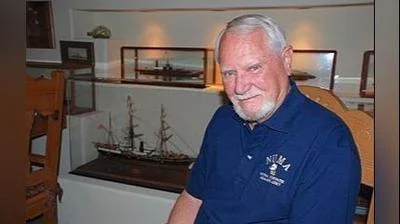A group of journalists got together at a Springfield forum recently to discuss the future of ... a group of journalists.
The forum, put on by the Better Government Association and titled “The Future of the News: Covering the State Capital,” covered topics ranging from the future of print journalism to how citizens can find accurate information – not fake news – in the internet age.
With reduced sales, largely due to the internet, newspapers have been forced to cut staff, often with reporters who cover state politics being among the first to go. One of the first topics at the forum was how to fully cover the goings-on at the Capitol with a bare-bones newsroom.
“You don’t and you don’t pretend to,” John O’Connor, a political writer for the Associated Press, said. “News consumers are sophisticated enough to know that you are not.”
Angie Muhs, the executive director of the State Journal-Register and a national board member of the Associated Press Media Editors, said all was not lost, as some things have improved in recent years.
“With analytics and real-time analytics, we have information at our fingertips that we never had before in terms of what are people reading online,” she said.
The conversation also focused on how papers can engage audiences that now have so little time and shorter attention spans for local news.
“For us to make these stories accessible and available, we spend a fair amount of time just trying to make these stories simple,” Chris Krug, publisher and manager of the Illinois News Network, said. “We try to keep our story length to around 350, 400, maybe 500 words.”
Some on the panel also bemoaned the observational reporting often espoused by traditional media, lobbying for a more active approach.
“Journalism needs to start offering solutions,” Clark Bell, former director of the McCormick Foundation’s journalism program, said. “Unless journalism, even at the state level, starts doing that, the consumer is going to get turned off.”
The panelists also discussed ways newspapers could kindle an interest in state politics and obtain the funding necessary to do more investigative reporting on the Statehouse. Although the overall tone was positive, the group recognized that the staffing levels of 20 years ago were gone forever.
“We see political stories here and there but not the really good, really deep understanding, and a story that’s laying out a lot of the contradictions,” Natasha Korecki, a senior reporter for Politico Illinois, said. “I think that’s what’s missing right now.”
Nonprofit involvement also played a role in the talk.
“I think it could happen in Illinois, and I hope it does happen,” Krug said. “Because we've got to elevate it away from politics and (make it) more about the functioning of government. I think news consumers and the public in general have kind of lost faith in where they’re going to get honest and accurate information."
The panel was part of a series of annual BGA events focused on improving government policy and transparency.
The BGA is dedicated to keeping the public informed and public officials held accountable. According to its website, it focuses on five actions: "investigate, litigate, educate, advocate and communicate in an effort to bring better government to Illinois.”






 Alerts Sign-up
Alerts Sign-up